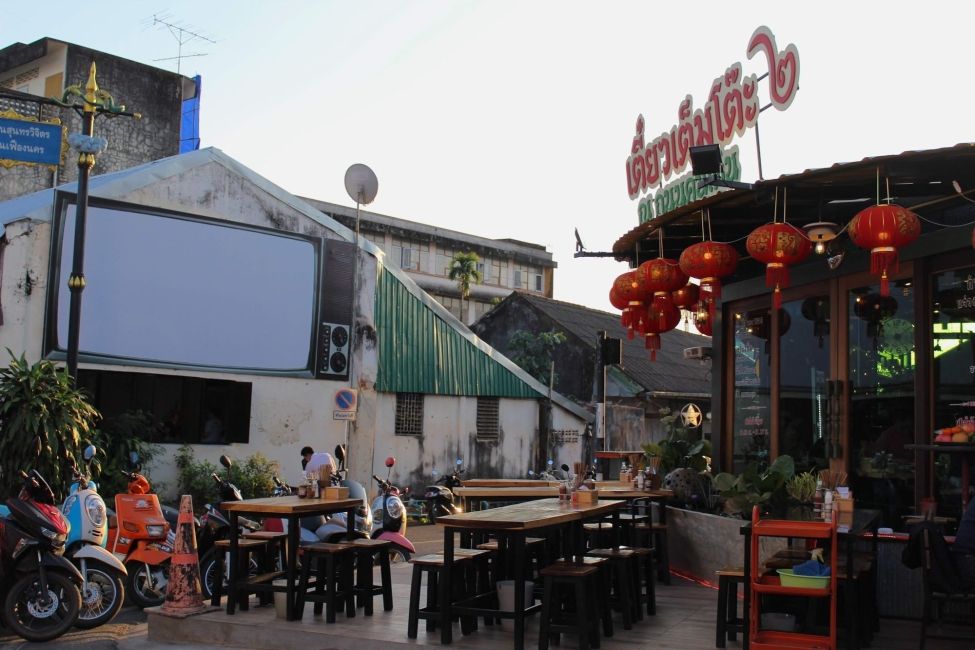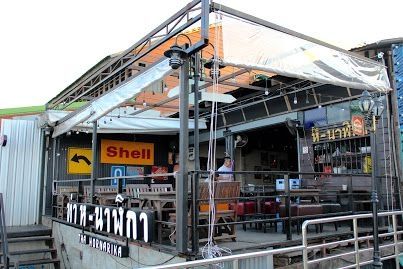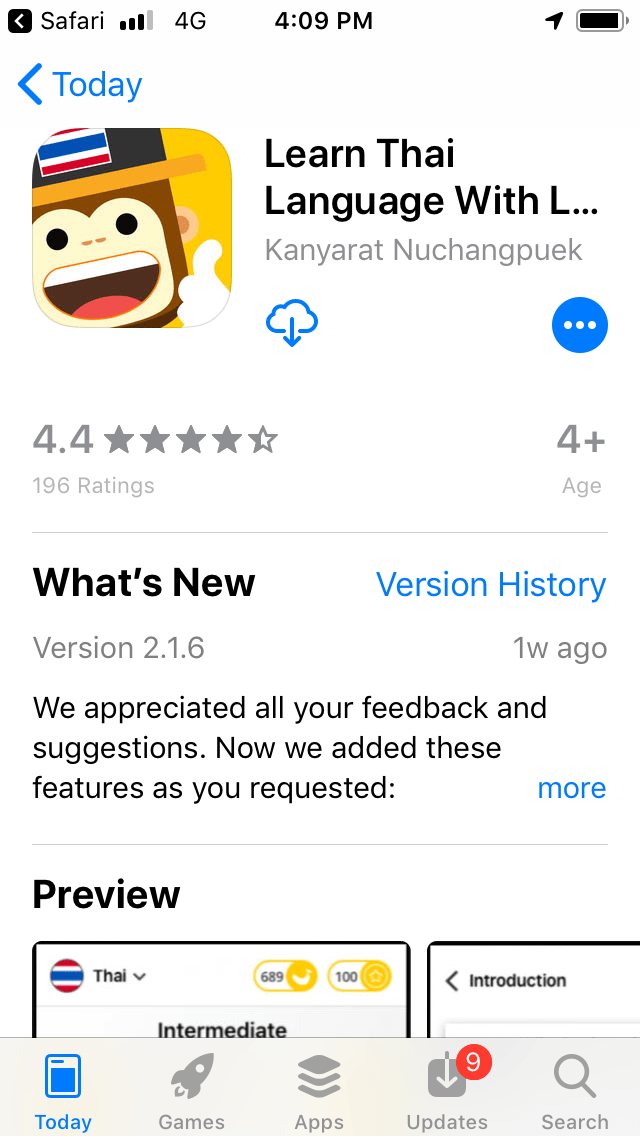Breaking the Language Barrier
Breaking the Language Barrier

Thai is no easy language to learn. For your frame of reference, the word “Mai” can mean five different things depending on your pronunciation. So even if you know the word for something, you still might be saying it wrong. Don’t let this frighten you. Just because you don’t know the language, doesn’t mean you can’t survive. While it may be frightening and discouraging, take heart because you will be alright, and it isn’t impossible to break the language barrier.
Thai Language
The Thai language consists of 59-72 letters in the Thai language (the final number depends on whether you consider different vowel forms as letters or not). There are several different dialects depending on where you are in the country, although the central dialect is understood throughout Thailand. Also, as mentioned previously, the language is tonal, which means words have different meanings depending on pronunciation. There vastly different script makes reading and recognizing Thai difficult, and the tonal aspect can make it difficult to understand.
That being said, do not be afraid. It’s true that Thai is quite foreign and difficult to western language learner, but the Thai people generally try to understand what you are saying and can fill in the gaps created by your pronunciation. Don’t let your fear of the language barrier stop you from teaching in Thailand, you can get past it. Here are some helpful ways to learn the language and different things we’ve learned to help us get past the barrier.
CIEE Training
A benefit of working with CIEE is they offer In-Country training. Part of this training is language classes with native speakers. While you only have a couple of classes, they help introduce you to the language and give you some vital pieces of information. In addition, they give you a condensed Thai handbook filled with basic information and key phrases to help you survive. Seriously, this was one of the most helpful things about the orientation.
Body Language/Miming
You can get through most of Thailand by miming. For example, when my students act like they don’t understand that I want them to be quiet, I regularly get very animated, pointing out the troublesome student, making my hand look like a mouth, and then closing the mouth with my other hand. The other students laugh at the comical puppet show, but they also clearly understand that I want them to stop talking. I don’t need Thai for them to understand that I want them to stop talking. I also regularly use miming to explain activities by acting out my expectations for their behavior.
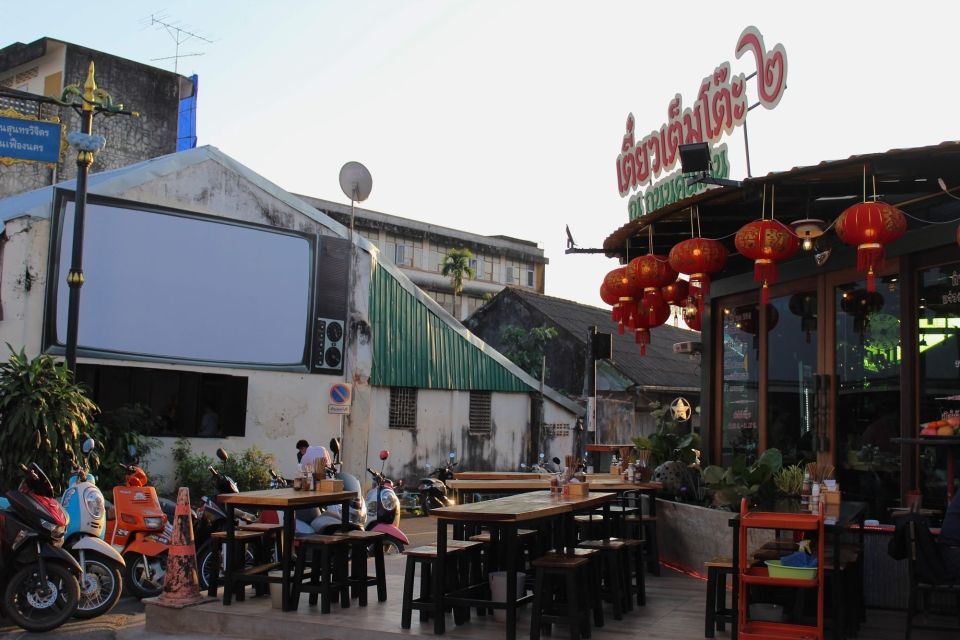
Apps
While Rosetta Stone doesn’t have a current Thai program, there are other apps and courses you can take. One program we’ve heard is particularly helpful is “UTalk.” They have great reviews. There are lots of other free apps like “Learn Thai Language with Ling.” This one is good for basic vocab and grammar, but there are lots more to choose from. While they aren’t enough to get you speaking fluently, they are a really good starting point. I used “Learn Thai Language with Ling” to help me gain my bearings.
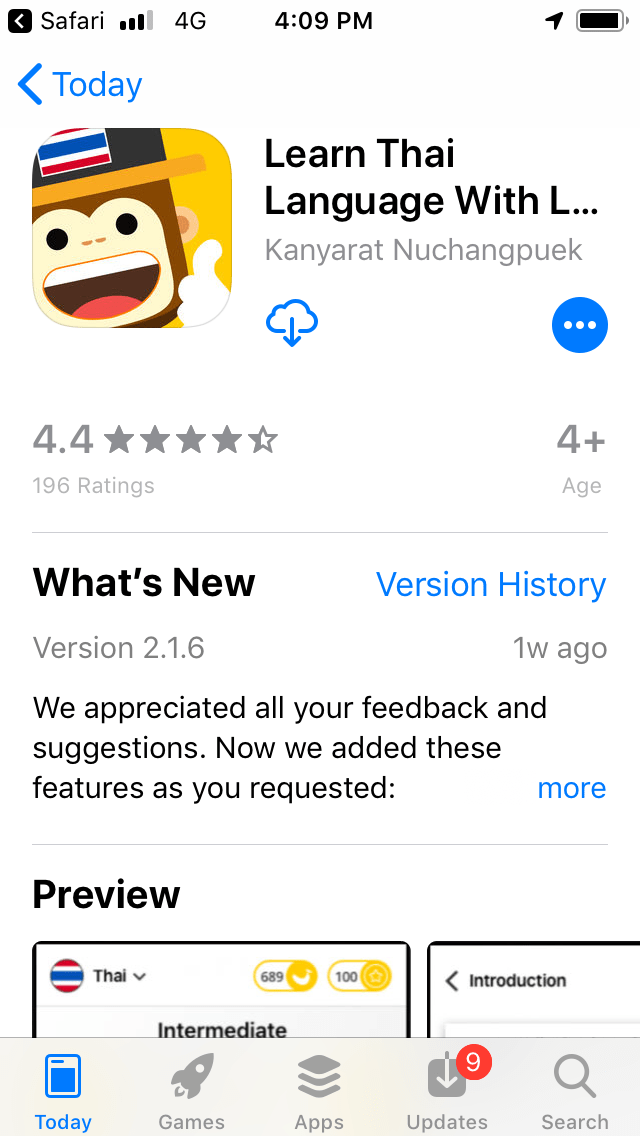
Language Classes
The real way to learn is to attend Thai language classes. If you are in a major city, this won’t be hard to find. There are lots of reputable language schools. We are in a very small city with almost no language schools, but from everything we’ve heard these are key. We know people who’ve lived here from 9 years and are fluent in Thai. They said that the first 6 months of classes got them to the point where they could have a basic conversation. So taking language classes is definitely a priority for me next year.
Students
An unexpected, but very practical and fun way to learn is from your students. When you teach them an English word, ask them for the Thai equivalent. They will be excited and pay better attention, but you will also be learning a little bit of Thai. Just be careful not to repeat the words the naughty students try to make you say!
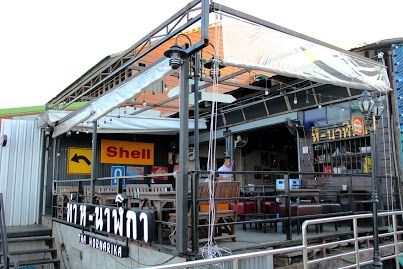
So Have I Broken the Language Barrier?
In honesty, no. I’ve lived here for just about a year, and I don’t know a lot more Thai then when I first transitioned. Has that stopped me? No. Getting past the language barrier is a lot more than learning the language. In a way, I’ve learned to bypass the barrier. Between knowing a little Thai, key English words, and miming, you can pretty much make it through anything. What I’ve learned is that you actually need very little language to survive. So in a sense, you don’t really need to break the language barrier to survive, you just sort of sidestep it.
After being here for a year, we are most comfortable speaking Thai because we’ve picked up some phrases and pronunciation. Next year, when my wife and I are living closer to Bangkok, we hope to participate in language classes. We hope that this will give us greater confidence speaking and even the ability to listen and understand the language, thereby breaking the language barrier in a more real sense.
Related Posts
Unexpected Things I Wish I Knew Before Moving to Thailand: The Ultimate Guide to Living in Thailand
I'm sure you've read enough big-picture descriptions of daily life as an American expat living in Thailand. Now, indulge in some of the quirks and seemingly small idiosyncrasies that define daily life here, based on my personal experience living right outside of Bangkok.

Teaching English Abroad: Thailand vs. Hungary Comparison
Meet Sarah- a CIEE Teach Abroad & TEFL Alum! 😊 Hi, I’m Sarah! I’m originally from New Jersey, but for the last 4 years I have been traveling all over... keep reading

Rewriting My Top 10 Reasons: What a Year in Thailand Taught Me
Revisiting my First Blog Post If you scroll through my blog posts, you will find my first post: Why to Teach English in Thailand: My Top 10 Reasons. For anyone... keep reading

